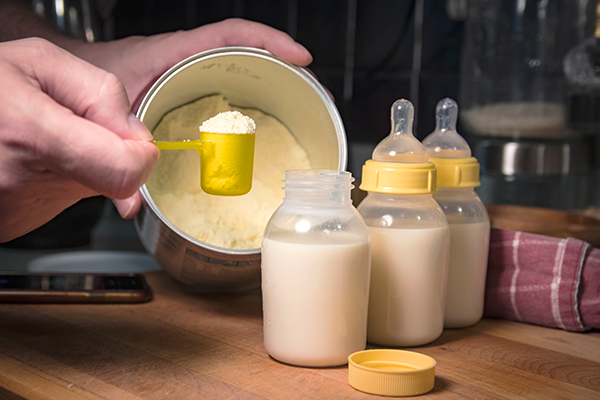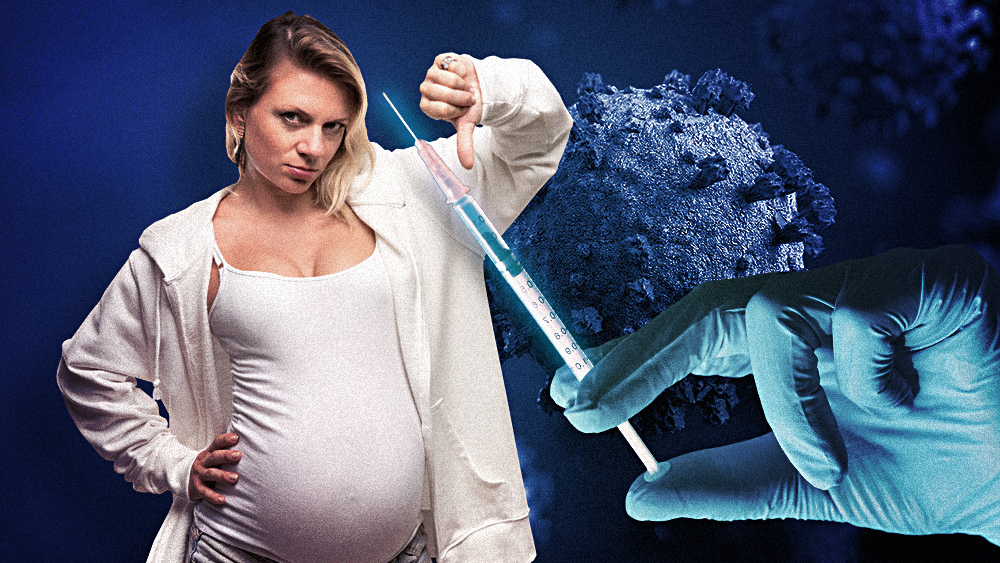
Though the academy did not explicitly say that infants should not have water, KidNurse.com's pediatric nurse Danielle Stringer said that most pediatricians and nurses do not approve of the practice. The experts said that when babies drink too much water, their sodium-to-fluid ratio balance goes astray, exposing them to the risk of death by water intoxication.
“Their bodies will try to overcompensate by having the cells take on more water, which will result in swelling all over the body, including in the brain, which can result in seizures, coma, or brain death. A lot of babies will just start to show signs of malnutrition, such as losing weight and swelling.
What some people don't understand is that when you give babies too much water, they're missing out on the calories that they actually need,” Stringer said.
This is what happened to 10-month-old baby Nivea in Georgia, who perished in 2015. Her parents, Herbert Landrell and Lauren Fristid, gave their child diluted formula, causing her to become malnourished. Yet, even as her weight sank and her essence dwindled in front of their eyes, Nivea's parents refused to take her to the doctor.
The baby finally died of water intoxication. Landrell and Fristid were charged with murder.
“In infants that are formula-fed, parents think they can stretch out the formula by watering it down. I think that stems from financial need and lack of understanding. When parents are just feeding them watered down formula, they are not getting all the calories and nutritional values they need to grow and thrive,” Stringer said.
According to BabyCenter.com, exclusively feeding a baby with formula costs between $70 and $150 a month. This is expensive for families whose mother cannot provide an adequate supply of breast milk, but “unfortunately, there really isn't an alternative.
All formula on the market is FDA [Food and Drugs Administration] approved, and the exact amounts are highly studied, so we know exactly the calculation of how many calories the infants are getting when parents are mixing formula appropriately. WIC programs are readily available to families in need,” Stringer said.
Congress earmarks annual funding to put toward the Women, Infant and Children (WIC) service, which functions through 90 state agencies.
“Between six and 12 months old, it is safe for infants to have two to four ounces of water, but even then, interestingly, babies are smart enough that they're mainly not interested in water at that age, and parents need to know that that's totally okay,” Stringer said.
Experts have been long touting the nutritional benefits of breastfeeding. “Breastfed babies get fewer colds and sinus and ear infections. They also have less diarrhea and constipation and a decreased chance of having allergies,” Dr. Jim Sears, author of The Baby Book, said.
Breastfeeding is also not only good for babies but also for the mommies, too. It can stave off the onset of breast and ovarian cancers, plus doing so can help you form a bond with your baby. Breastfeeding also releases “mothering hormones” such as prolactin, which helps the baby remain calm, and oxytocin, which helps the uterus contract. Finally, breastfeeding can burn calories.
“Nursing is the one time that your baby is totally content and there's nothing else you should be doing,” Rachael Don, a mother of three in Scottsdale, Arizona, said. (Related: Mothers who fail to breastfeed double their risk of type 2 diabetes.)
Why some women find it difficult or are unable to breastfeed
Around two percent of women around the world cannot produce enough breast milk to give to their babies regardless of how healthy they are. Also, some women have health conditions that require them to undergo the intake of medications, which they can pass to their babies via breastfeeding.
Since this is the case, they have two choices: either to breastfeed and do away with the medication altogether, or not breastfeed and take their medication, which, for all intents and purposes, is needed to prolong their life.
Sources include:
Please contact us for more information.























